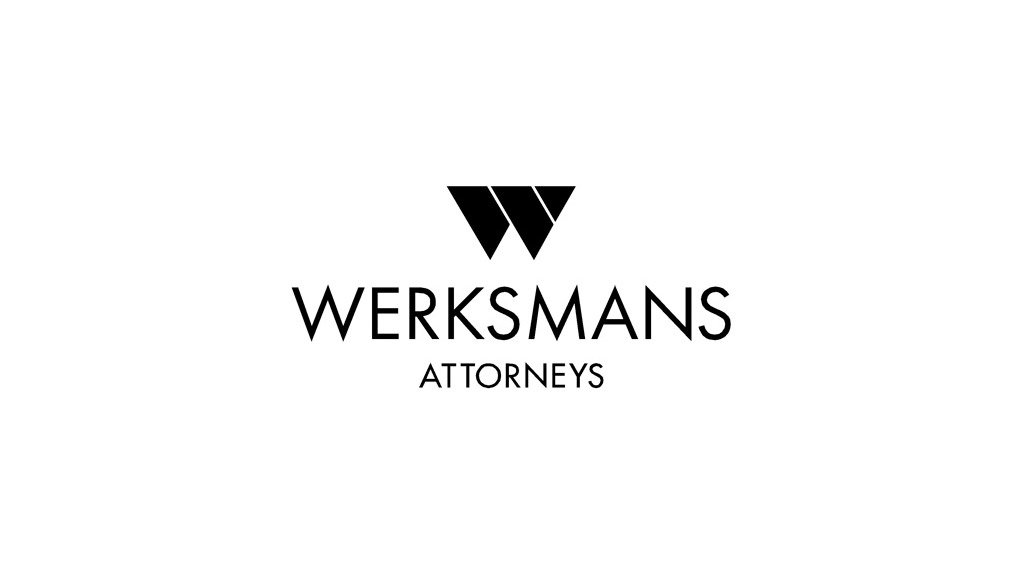Many South Africans will recall the infamous MTI crypto asset scam that caught the attention of both local and international authorities at the end of 2020. In our article, dated 12 February 2021 we delved into the MTI scam and explored the rationale behind the Financial Sector Conduct Authority’s (“FSCA“) publication of a draft declaration wherein it set out its intention to declare crypto assets as a ‘financial product’ under the Financial Advisory and Intermediary Services Act 37 of 2002. Little did we know that only a few months later, a second South African crypto asset scam would surface, only this time on what appears to be a much larger scale.
Africrypt Proprietary Limited (“Africrypt“), a private company established in 2019, was hacked in April this year and it appears that crypto assets worth an estimated ZAR54 billion were stolen from the various investors’ wallets, controlled by the directors of Africrypt. At this stage, however, it seems that Africrypt’s business model differed from MTI’s business model because its investors were required to deposit fiat currency with Africrypt, who then used the fiat currency to purchase crypto assets on a number of crypto asset exchanges, with promises to some investors of returns equal to 10% of their investment per day.
Whilst the MTI scam is allegedly the biggest crypto asset scam of 2020, it may well be that the alleged Africrypt scam will be the biggest crypto asset scam of 2021, with losses estimated to be three times as much those anticipated to be suffered by MTI’s investors.
On 4 February 2021, the FSCA warned investors of the substantial risks associated with investing in crypto assets, given that crypto assets were unregulated by the FSCA, and on 11 June 2021, the Fintech Working Group, through the Crypto Assets Regulatory Working Group, published a position paper (“Position Paper“) on crypto assets wherein it was confirmed that “crypto assets will be brought into the South African regulatory purview in a phased and structured manner“ given their volatility and the inherent risks associated with investing in such products. The Position Paper makes 25 recommendations in relation to regulating crypto assets, and has identified the following three main areas of focus: (i) anti‑money laundering and combatting the financing of terrorism, (ii) cross‑border financial flows and (ii) the application of financial sector laws.
Despite repeated warnings by the FSCA, it is becoming increasingly apparent that nefarious crypto asset schemes will continue unabated and until such time as crypto asset are regulated[9] and brought within the ambit of the law.
Written by Natalie Scott, Director and Kyra South, Associate, Werksmans
EMAIL THIS ARTICLE SAVE THIS ARTICLE ARTICLE ENQUIRY
To subscribe email subscriptions@creamermedia.co.za or click here
To advertise email advertising@creamermedia.co.za or click here











